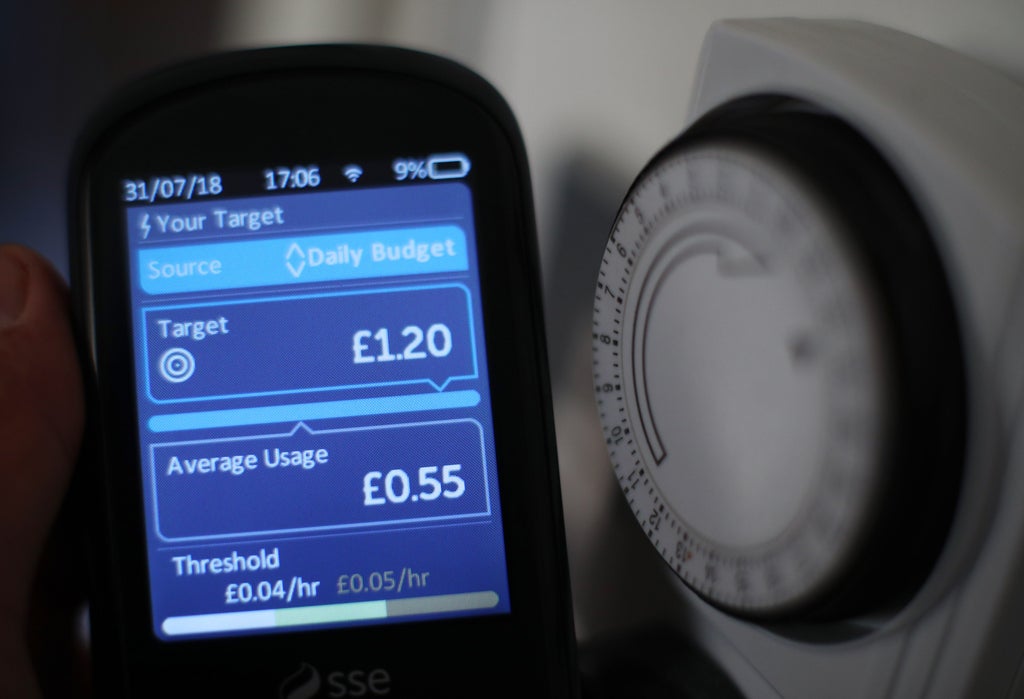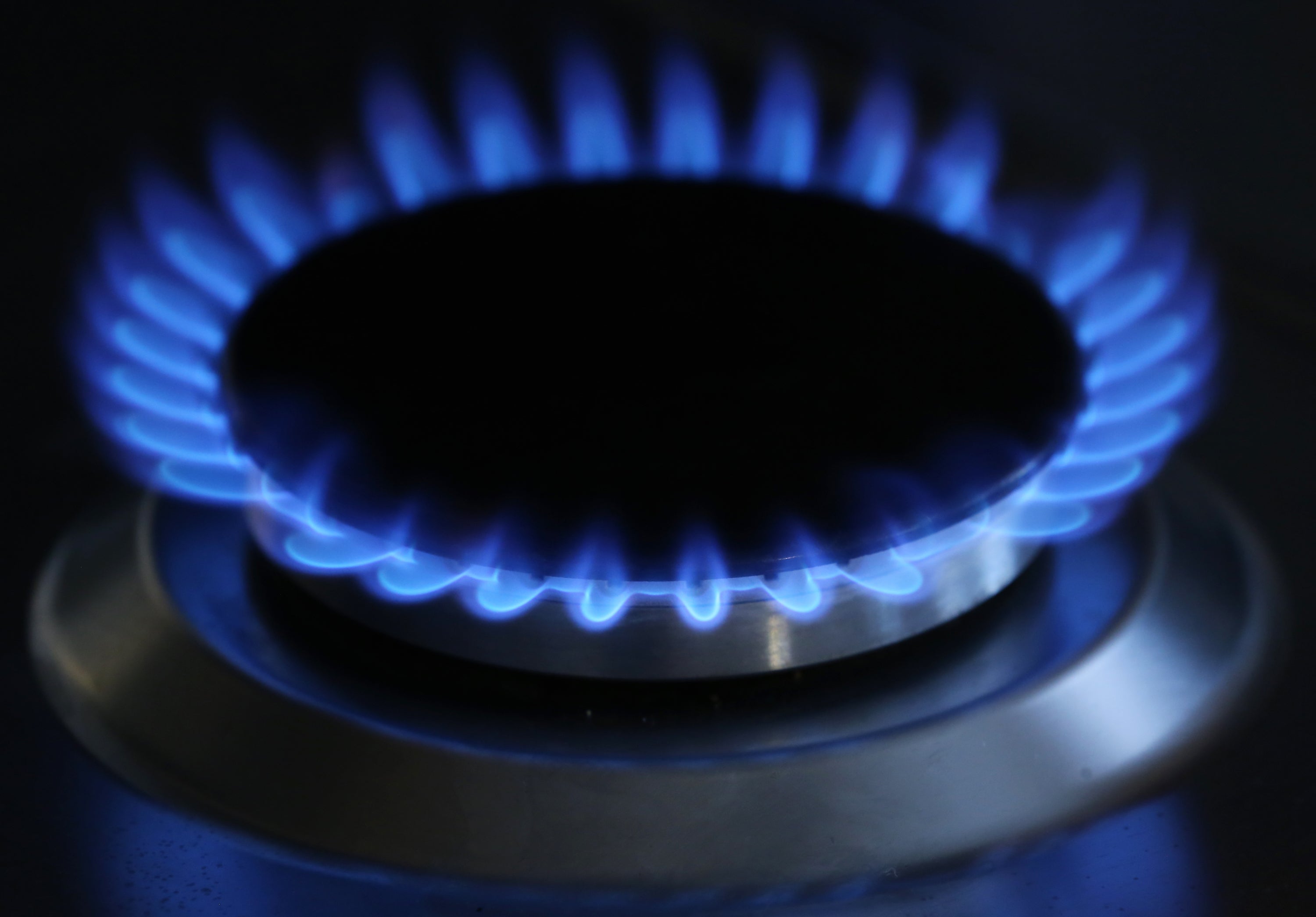
Energy bills could increase again in October after a predicted 50% jump for millions of households in the spring, an industry boss has warned.
Emma Pinchbeck, chief executive of Energy UK the trade body for suppliers, said bills were expected to rise not just in April but again in October “if nothing changes” as the spike in wholesale gas prices fed through to domestic bills.
Addressing a media webinar on the energy bills crisis, Ms Pinchbeck said of the price rise: “We haven’t seen anything like this, not in my career or in any of the people who sit on my board.”
She said that although wholesale prices were expected to drop, “they are still three times higher than we expect to see at this time of the year” and described the situation as “enduring”.
Citing analysts, she said Ofgem’s price cap could increase to £2,400 in October following an increase to “around £2,000” in April.
It comes after consultants Cornwall Insight predicted the price cap set by regulator Ofgem could rocket from £1,277 to £1,865 in April, when it is next due to change.

Ms Pinchbeck said wholesale prices traditionally dropped off in the spring and summer and it was expected that this year “there might be less of a drop-off but there will still be a drop-off”.
However she warned that suppliers were currently subsidising customers on standard variable tariffs by between £400 and £600.
The price cap applies to around 15 million British households who have chosen to pay for their electricity on the open market rather than under fixed-price deals.
Energy companies were the first to feel the force of the rising gas price.
Some had prudently bought much of their gas in advance, but those that had not were squeezed between the rising prices and the cap on what they can charge consumers.
However, in April that cap will be changed so the pain will then be passed from suppliers to their customers.
Where the cap will be set is still to be decided, but analysts believe it could reach around £2,000 per year for an average household, more than £700 higher than today.







